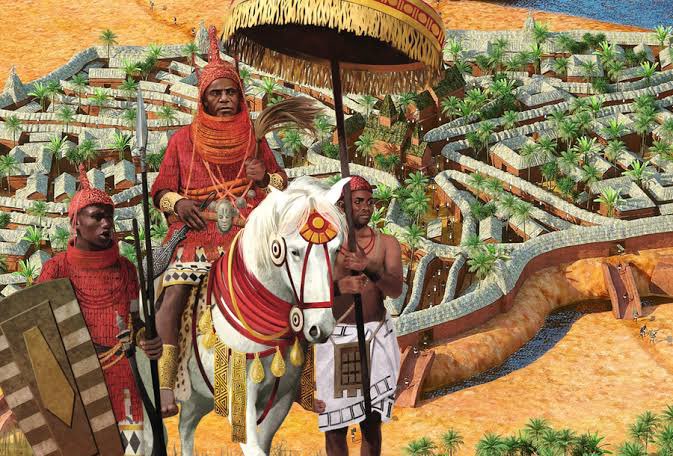The Rise And Fall Of Sokoto Caliphate.
Sokoto Caliphate was a sovereign Sunni Muslim caliphate in West Africa, founded during the jihad of the Fulani War in 1804 by Usman dan Fodio, made up of Hausa Kingdoms, at its height it link 30 different emirates and over 10 million people.



Sokoto Caliphate was a sovereign Sunni Muslim caliphate in West Africa, founded during the jihad of the Fulani War in 1804 by Usman dan Fodio, made up of Hausa Kingdoms, at its height it link 30 different emirates and over 10 million people.

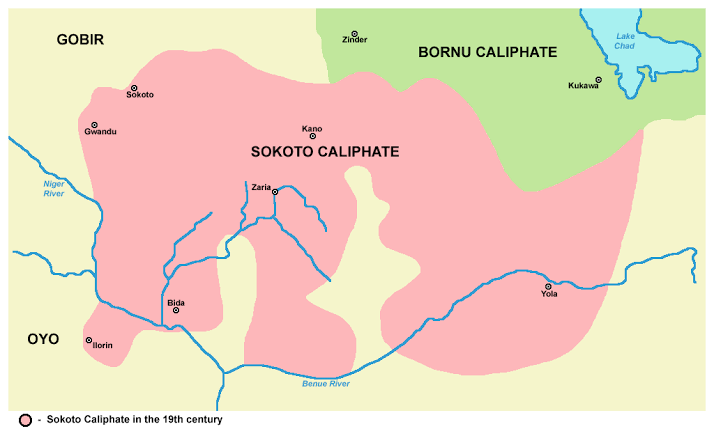
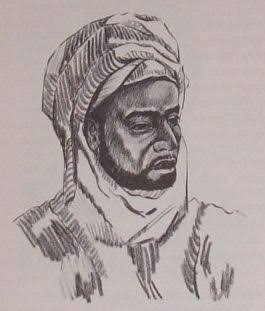
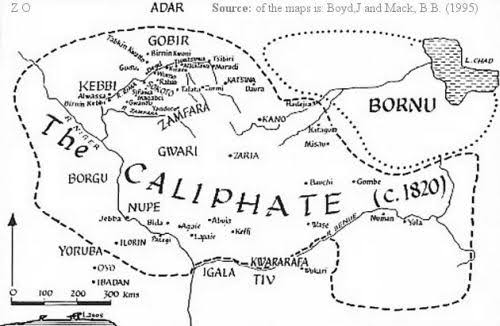
The caliphate brought decades of economic growth in the region which include today Nigeria, Niger, Chad, Central Africa Republic, Cameroun and Burkina faso. It became a powerful state and Empire in the region around the 19th Century. 
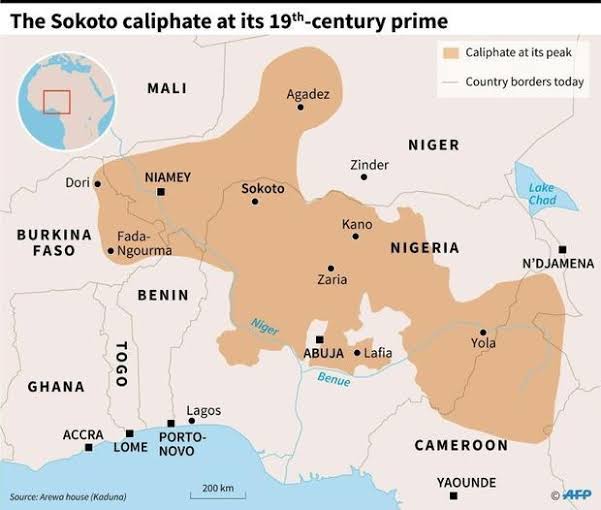
During the establishment of the Caliphate, An estimated 2.5 million non-Muslim people were captured as slave during the Fulani War and sold to the Arabs and some Slaves provided labor for plantation. 
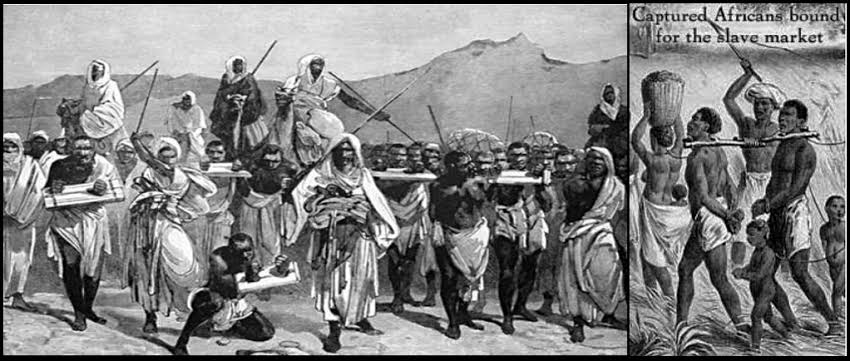
The Jihad movement covered the almost entire West Africa bringing destruction of several kingdoms and life around the area. 
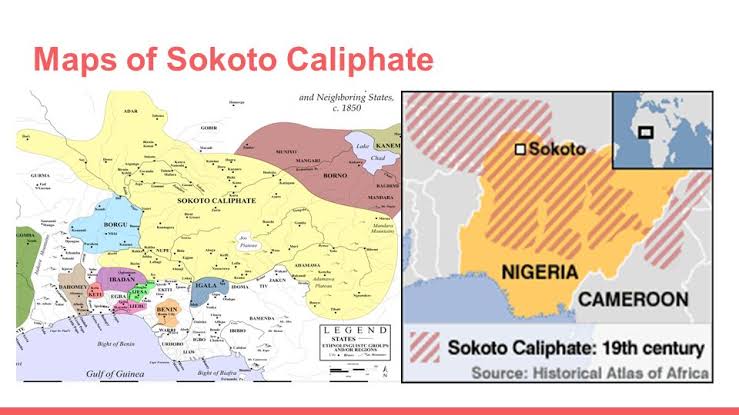
It all started when Usman dan Fodio, an Islamic scholar and an urbanized Fulani, had been actively educating and preaching in the city of Gobir with the approval and support of the Hausa leadership of the city. 
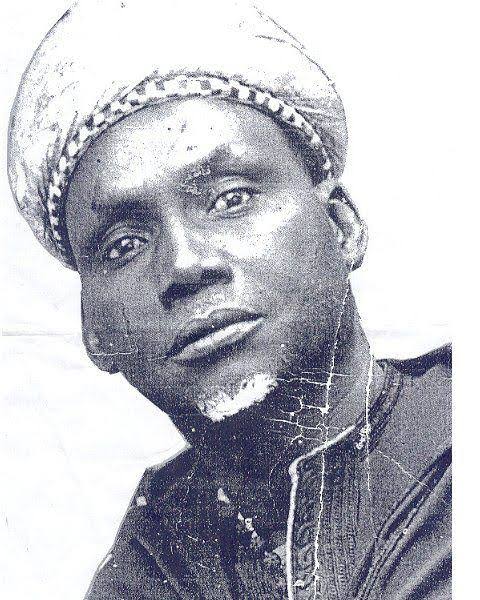
However, when Yunfa, a former student of dan Fodio, became the sultan of Gobir, he restricted dan Fodio's activities, eventually forcing him into exile in Gudu. A large number of people left Gobir to join dan Fodio, who also began to gather new supporters from other regions 
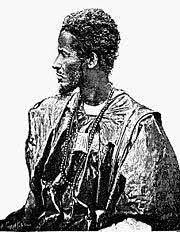
Feeling threatened by his former teacher, Yunfa declared war on dan Fodio on February 21, 1804. Usman dan Fodio was elected "Commander of the Faithful" (Amir al-Mu'minin) by his followers marking the beginning of the Sokoto Caliphate. 
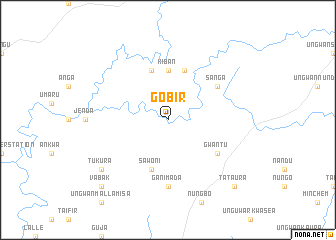
Usman dan Fodio then created a number of flag bearers amongst those following him, creating an early political structure of the empire. Declaring a jihad against the Hausa kings, dan Fodio rallied his primarily Fulani "warrior-scholars" against Gobir. 

The Fulani used guerrilla warfare to turn the conflict in their favor, and gathered support from the civilian population, which had come to resent the despotic rule and high taxes of the Hausa kings. Even some non-Muslim Fulani started to support dan Fodio. 
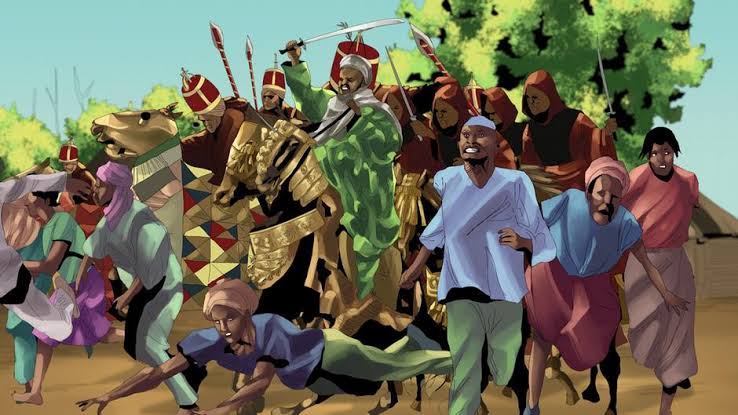
The war lasted from 1804 until 1808, and resulted in thousands of deaths. The forces of dan Fodio were able to capture the states of Katsina and Daura, the important kingdom of Kano in 1807, and finally conquered Gobir in 1809. 
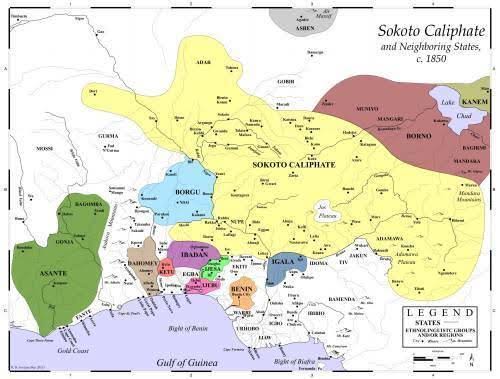
In the same year, Muhammed Bello, the son of dan Fodio, founded the city of Sokoto, which became the capital of the Sokoto state. From 1808 until the mid-1830s, the Sokoto state expanded, gradually annexing the plains to the west and key parts of Yorubas Kingdoms. 
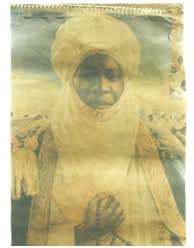
It became one of the largest states in Africa, stretching from modern-day Burkina Faso to Cameroon and including most of northern Nigeria and southern Niger. At its height, the Sokoto state included over 30 different emirates under its political structure. 
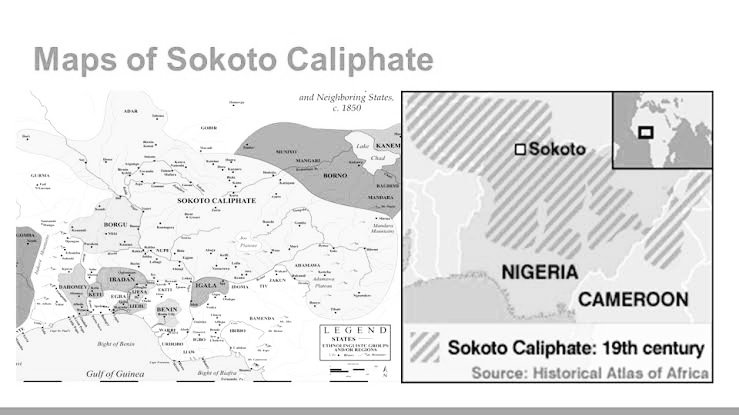
However, following the Berlin Conference, the British by 1902 had begun plans to move into the Sokoto Caliphate. Frederick Lugard used rivalries between many of the emirs in the south and the central Sokoto administration to prevent any defense as he worked toward the capital. 
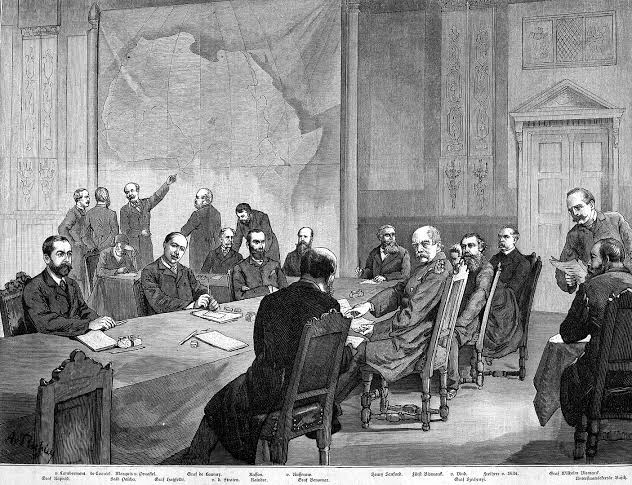
As the British approached the city of Sokoto, Sultan Muhammadu Attahiru I along with Muhammad bin Anabwani organized a quick defense of the city and fought the advancing British-led forces. The British quickly won, sending Attahiru I and thousands of followers on a Mahdist hijra. 
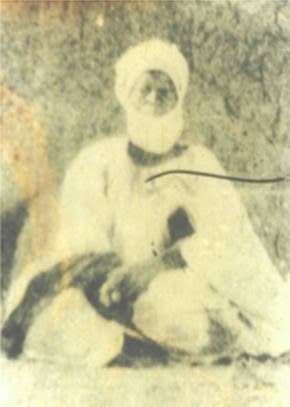
On March 13, 1903 at the grand market square of Sokoto, the last Vizier of the Caliphate officially conceded to British Rule. The British appointed Muhammadu Attahiru II as the new Caliph.
And the History of now Nigeria begin.
And the History of now Nigeria begin.
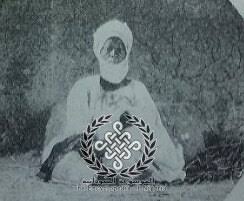
To know more about Ancient African civilization and history check my likes tweet and follow me to see my future post thanks. 

• • •
Missing some Tweet in this thread? You can try to
force a refresh















